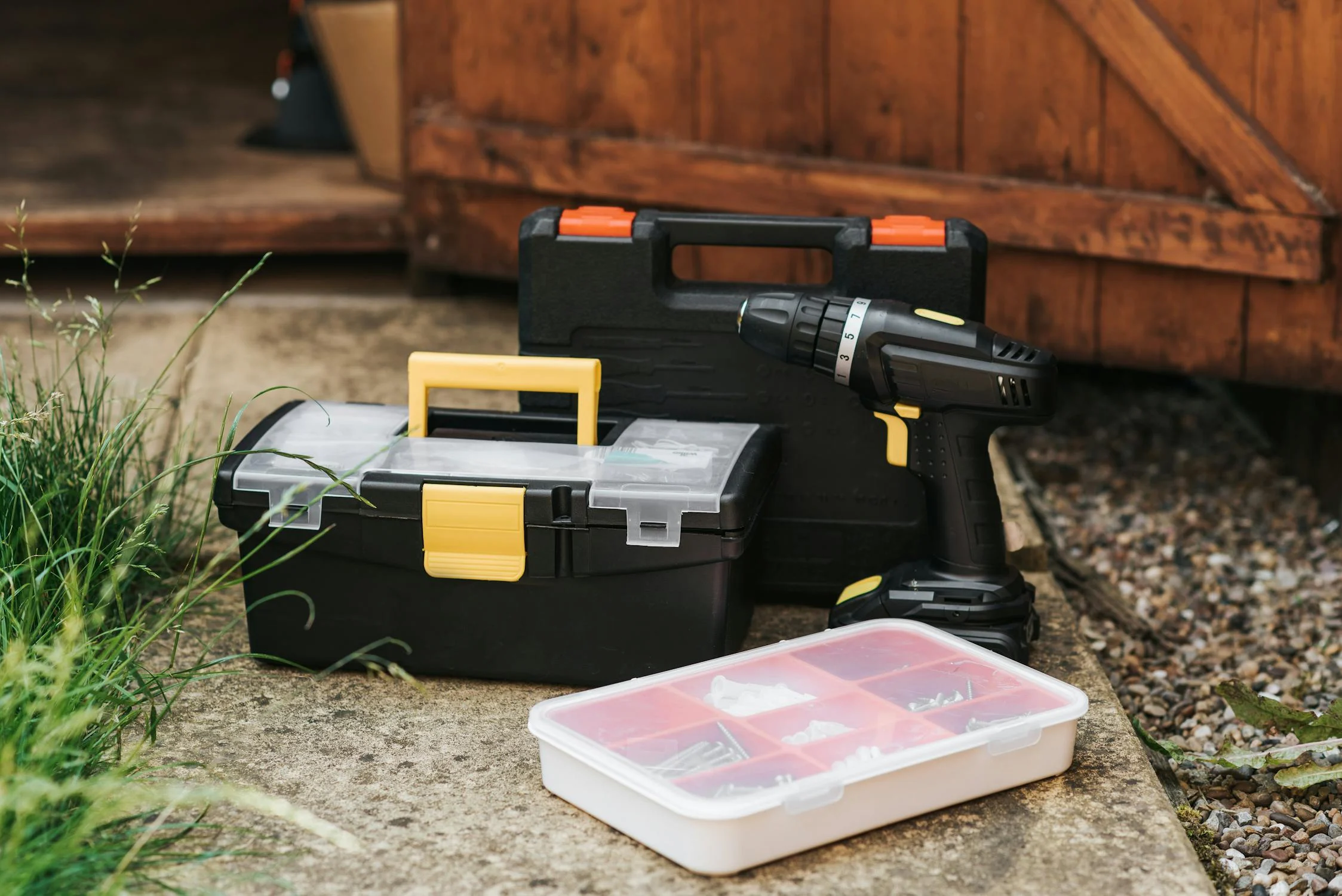
“I Got the Right Tactics to Turn You On” — Your Inner Toolkit Edition
In the hustle and bustle of our daily lives, it’s easy to lose touch with our inner world. Between responsibilities, expectations, and constant noise, our thoughts and emotions often get sidelined.
In this space of chaos, journaling emerges as a gentle yet powerful anchor — a tool for self-awareness, emotional regulation, and healing. Journal prompts become our companions on this inward journey, helping us make sense of life’s complexities.
At iDare, every Sunday, we invite you to join us in exploring the self through writing. So grab your notebook (or notes app!) and let’s dive in.
This Week’s Theme: Be the Sean Paul of Your Life — Craft Your Mental Health Toolkit
🎶 Guess the lyrics?
Yes, that’s Sean Paul’s classic — and this week, it’s our inspiration.
We're asking: What are your “tactics” to turn you back on?
When you feel overwhelmed, anxious, or emotionally off-balance, how do you regroup? Recharge? Reclaim your calm?
Let’s explore through this week’s reflective prompts.
Journal Prompts: Build Your Emotional First-Aid Kit
🔹 1. Identify the Alarm Bells
What are some situations, behaviors, or even people that seem to “ring your internal alarm”?
What triggers stress, anxiety, or burnout in your life lately?
Be specific — the more clarity, the more control.
🔹 2. Pause & Disconnect
We’re not always in a space to “solve” things right away — and that’s okay.
What are healthy ways you can momentarily disconnect from overwhelming situations?
Think of calming activities, physical space, or distractions that help you regulate your response.
🔹 3. Self-Soothing & Support Systems
Write down self-assurance statements that work for you.
Examples:
-
“This feeling is temporary.”
-
“I’m doing the best I can.”
-
“I don’t need to prove anything right now.”
Also, jot down the name of a person you feel safe reaching out to in tough moments. Keep this list handy.
🔹 4. You Are Not the Problem
Delineate the actual issue you’re facing.
Remember: the problem is not you. It’s the pattern, the trigger, or the dynamic.
How can you describe what’s happening without shaming yourself?
🔹 5. Understand Your Reaction Style
How do you usually respond when your triggers are activated?
Do you withdraw? Go numb? Get defensive or sarcastic?
Write honestly — not to judge, but to understand and bring awareness.
🔹 6. Express It Creatively
Channel your thoughts through a form of expression that feels right.
It could be:
-
Writing a letter
-
Penning a verse or a song (why not make your own “Sean Paul” anthem?)
-
Talking to someone involved, with kindness and clarity
Important: Your expression is about articulating your experience — not about continuing harm or blame. It’s an invitation for awareness, support, and healing.
A Final Word
Expression is empowerment.
Being prepared for emotional turbulence isn’t weakness — it’s emotional strength.
This week, take time to build or revisit your emotional toolkit. Your self-awareness is a gift. Your ability to reflect, recalibrate, and respond with kindness is a skill — and it deserves attention and celebration.
Need Help or Support?
If you or someone you know wants to explore emotional regulation, journaling, or building inner tools, reach out to our ‘Support’ and ‘Engage’ verticals for affordable and inclusive help.
Like what you read?
Please support us by sharing and upvoting this post!
Image Credits: Pexels.com
